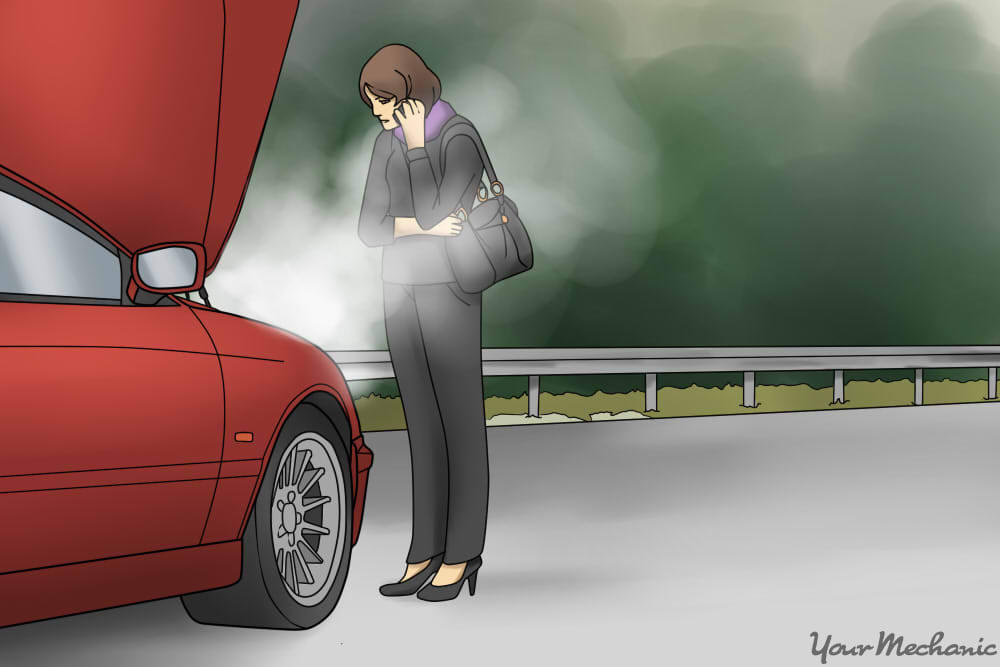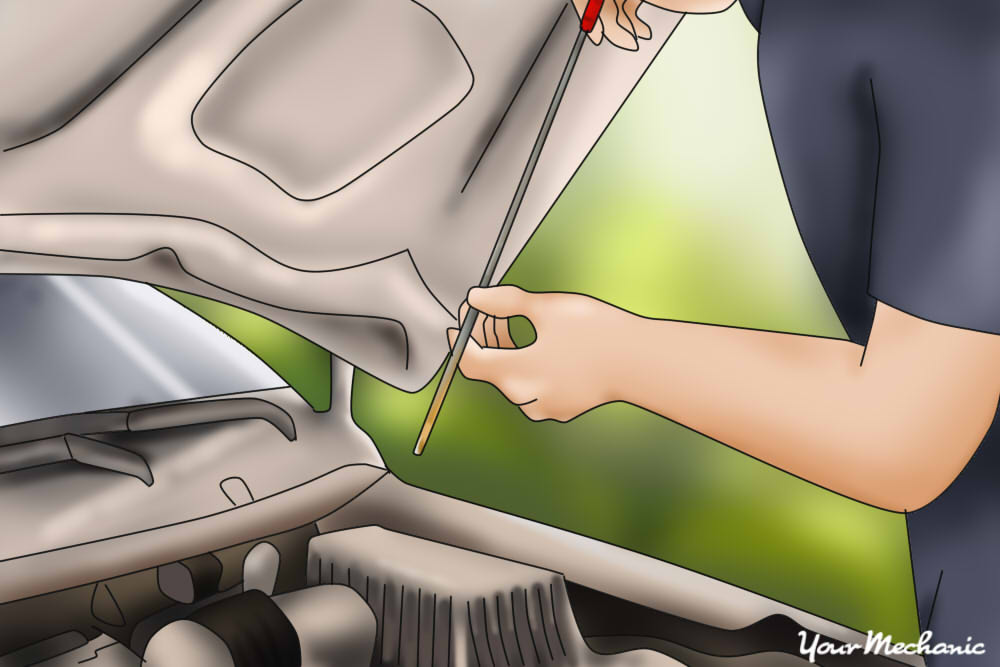

Between extreme heat and smokey ash particle fallout from wildfires, cars are having to work harder than ever. These days regular maintenance for vehicles may not be enough. To ensure your car isn't negatively impacted by fire season and the climate, here are our technicians top tips:
Air Filter
The first thing that takes a hit after a fire is your engine's air filter, which acts like your car’s respiratory system. Air filters are relatively cheap to change, but are important because they prevent the rest of your engine from working extremely hard.
You can do a visual inspection of the filter yourself or get a technician to check if it’s white or light gray that means you’re in good shape. If it’s dark gray or caked with sediment that means it’s time to swap it out.
Cabin filter
Your cabin filter is what keeps the air inside of your car clean and filters out pollutants like pollen, smoke, ash and allergens. After smokey fire season or record heat, if you notice a campfire type of smell in your vehicle, that means it’s time to change your air filter in order to maintain fresh air in your vehicle. You can also run your heat and air-conditioning on recirculate in order to avoid your engine sucking up smoke, ash and sediment from outdoors during poor air quality days.
Oil & Fluids
At peak heat, fluids are your car’s hero. Oil works overtime during hot and smokey conditions so while it’s usually changed on a mileage or time based schedule, car owners who ended up driving often during smokey or peak hot days may want to consider changing their oil sooner than your scheduled maintenance calendar. If the air filter is the lungs of the car, the oil is like the lifeblood of an engine. It decreases friction and keeps expensive engine parts from wearing down. You want your car to be a "well oiled machine" and tiny smoke particles in the air can interfere with oil’s viscosity, making it harder for your engine to run. You’ll also want your technician to check your fluids such as coolants - a the mixture of water and antifreeze in your radiator will keep your car from overheating. It should be replaced every two years, and topped off to appropriate levels during a heatwave. And while you’re at it, consider that most vehicles need their brake and transmission fluids swapped every 50,000 miles, and topped off regularly for optimal vehicle performance. You can ask your technician to fill up your fluids once they’re under the hood.
Radiator
If your vehicle’s been driving through ash, pollution and soot, it can end up working overtime. Have a professional wipe down the radiator carefully. You don’t want to pour water under your hood, just wipe it down and address any soot and ash buildup by rinse outside of the vehicle.
Tires
Check your tires for excess inflation as hot weather can cause uneven air pressure increase, just like cold weather can deflate tires when air molecules shrink. While your technician checks tire pressure, they can also do a visual inspection of your tire’s to check for rubber and tire damage, as tires can become more sensitive to shredding during hot weather.
Wash your car
If you can’t keep your vehicle in the garage to avoid outdoor smoke, be sure to gently wash down your car with lukewarm water in the evening to avoid carbon particles from baking into your car’s paint coat in the sun. Ash and smoke in the air can cause car paint to deteriorate at an accelerated rate compared to normal conditions.




